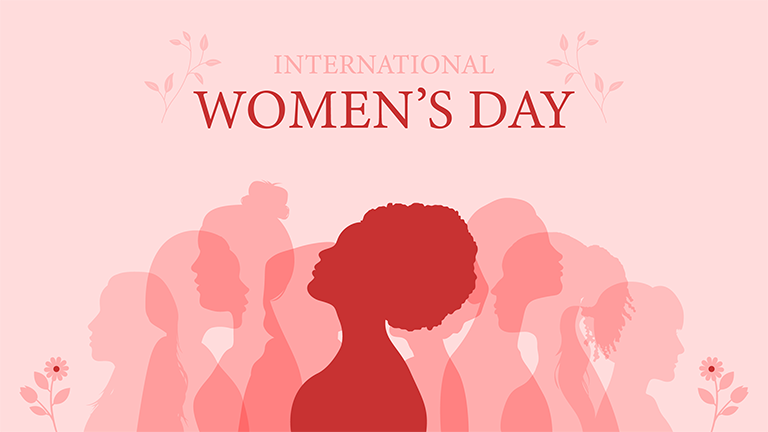As followers of Christ, we have the fruit of joy within us. We’re covered by the love of God, holding to the hope of life eternal with our blessed savior—can you imagine a more joyous prospect?
But what if you don’t feel joyful? What if you experienced a substantial loss, leaving you feeling stranded and isolated? Certainly, as a member of the family of God, you shouldn’t be weighed down by these negative feelings, right? Does that mean there’s a disconnect between you and God?
Know that you’re not alone in feeling that way; grief is a natural and normal part of being human. It doesn’t mean you’re less of a Christian or disconnected from God—In the gospel of John, even Jesus experienced grief at the passing of His friend [John 11]!
Grief is the emotion we feel when we lose something or someone that we value or love. Grief effects every part of ourselves. That includes the emotional, physical, spiritual, mental and psychological aspects that make us who we are. It’s comprehensive! It’s important we grieve in a healthy way—otherwise it can become complicated.
Healthy grief
Here are thoughts on good grief.
- Grieving stems from repeated contact with triggers.
- Triggers are those occasions when reminded of the loss—a song, memory, or an occasion.
- Avoiding the triggers only serves to prolong the grief.
- Time does not heal grief, but it does take time. Keep in mind that we are all different; some will grieve longer and others not as long.
Here’s how to deal with grief:
- One has to accept the reality of the circumstance, and it takes time to adjust to this new reality.
- Healing is not linear. Some days you may feel better than others. You may experience an extended period of mental and spiritual well-being followed by some very bad days.
- Eventually, in time, the circumstances that caused the grief will turn into a memory.
- Go forward in this new reality. It now becomes our new life to live.
Redeemed
Most people agree that it was better to have loved and lost than to have never loved at all. If that’s true, then let’s rejoice that God allowed us to know our loved one.
Remember that our Savior Jesus Christ came to us as a babe in a manger. He experienced every part of life’s pain and death. He knows our pain and sorrows for which He came to redeem us. To the believer, death is not final. John 11 says that if we live, we will never die and if we die, we will always live.
Thank God for His redemption. If you had a loved one die and you question their salvation, remember God loved them more than you did. Who knows what conversation they may have had with the Lord before they passed. Remember the thief on the cross? Let’s commit them to God!
This life is preparing us for our eternal home, and this world is not our home. When we cross over, “Oh what a day that will be.” Let’s celebrate those who have crossed over before us—they made it! Praise the Lord!



